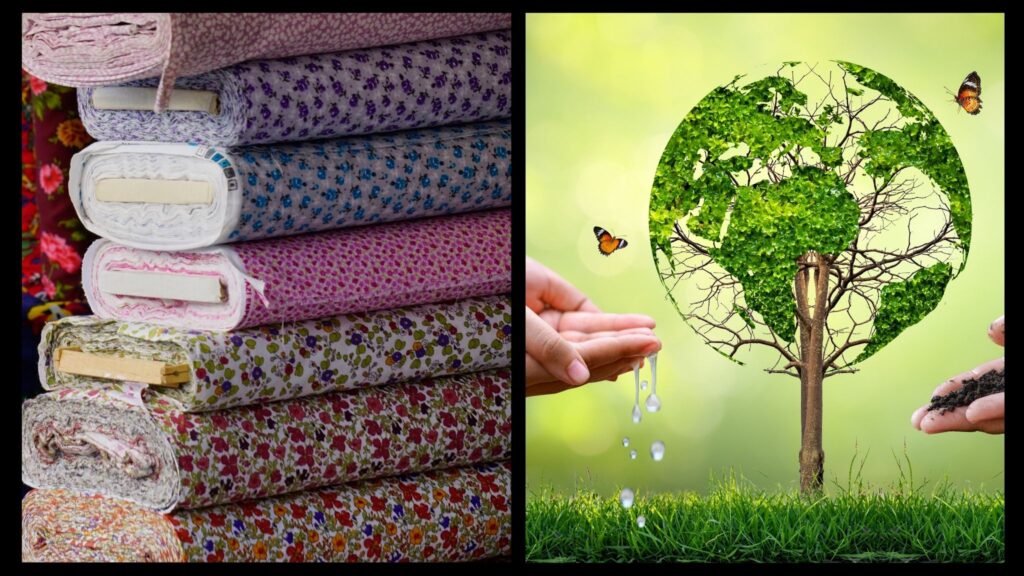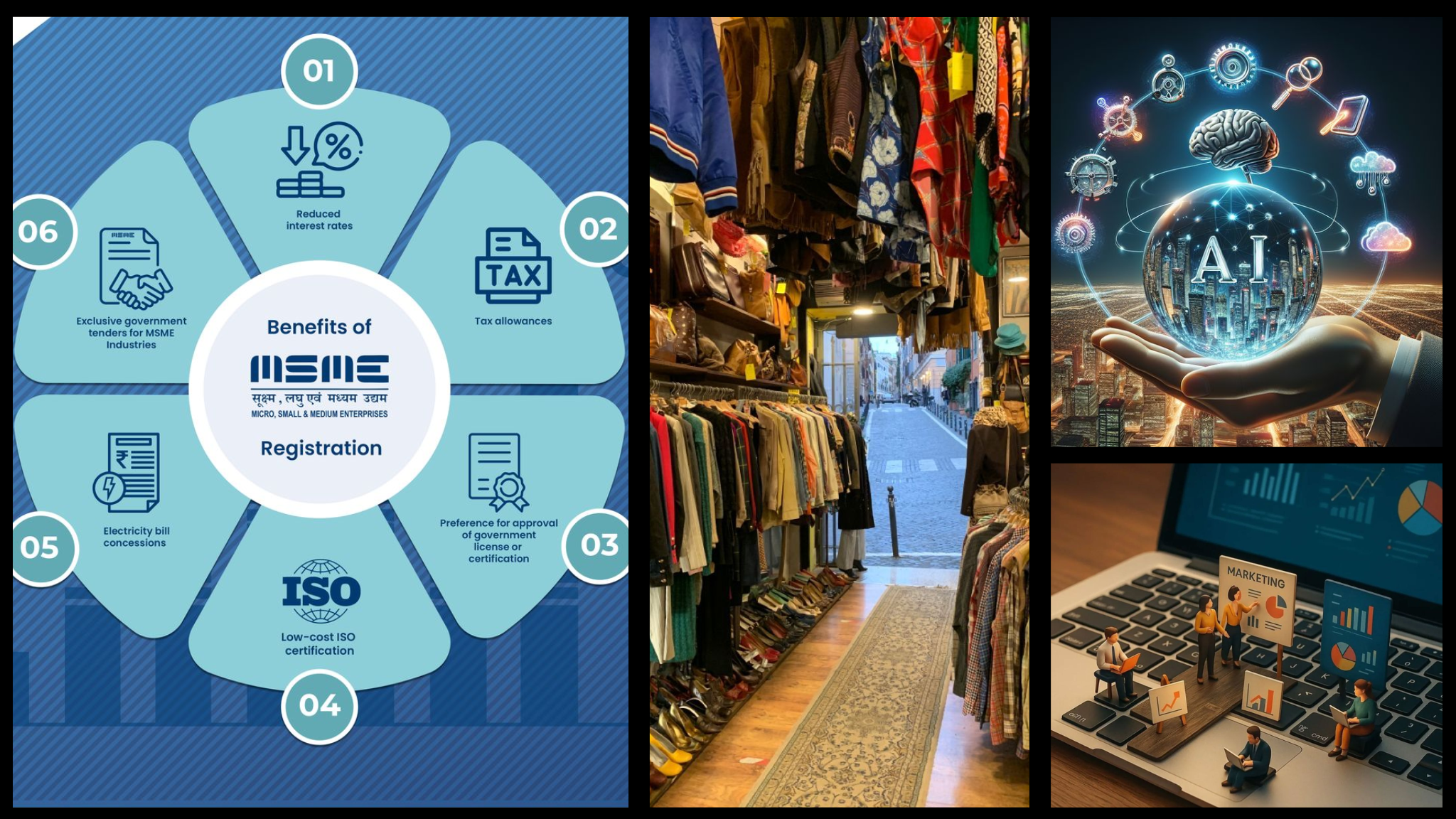Gujarat’s population is set to reach 73.5 million by mid‑2025, growing at about 1.18% per year, adding close to 860,000 people annually. That growth brings more consumers, workers, households, and urban users. The need for housing, healthcare, clean energy, agriculture, and local services surges. Startups are rising to meet this demand. They build with purpose, solve real problems, and fill life’s new gaps. This blog examines population growth, the business pressures it creates, and the Gujarati startups shaping that future.
Population Growth and Urban Expansion
Gujarat is India’s 8th most populous state. As of July 1, 2025, its population is projected at 73.5 million. The annual increase is nearly 860,000 people, driven by birth, migration, and urbanisation.
In 2011, Gujarat’s urban share was 43.9%. By 2020, the urban population reached approximately 23 million across 247 statutory towns and 118 census towns.
Major cities like Ahmedabad (~8.25 million), Surat (~7.49 million), and Vadodara (~2.23 million) are expanding quickly.
How Population Growth Shapes Market Demand
Rising headcount fuels demand across sectors:
- Housing and real estate see a surge. With more jobs and urban migrants, new projects are in progress across Gujarat.
- Consumer goods and services require more supply. Daily essentials, packaged foods, and retail outlets increase, followed by demand.
- Digital services find traction. Fintech, mobility, and hyperlocal logistics thrive with urban saturation.
- Healthcare and education need expansion. Clinics, telehealth, and upskilling courses have booming demand.
- Clean energy infrastructure is essential. Gujarat already leads with over 14 GW of solar capacity, and installations continue.
Such demand attracts startups. They spot gaps and build solutions with speed and scale.
Startup Ecosystem: Growth with Numbers and Names
Gujarat’s startup scene is vibrant and fast-growing:
- As of March 2025, Gujarat had about 13,800 DPIIT‑registered startups (8.5% of India’s startup base).
- Growth jumped from 873 in 2020 to 2,276 in 2022, further increasing to 5,444 by early 2023.
- Gujarat ranks 5th in India for startup count and 2nd in job creation, with 48,138 jobs in 2023.

Notable Gujarat startups include:
- Borana Weaves Ltd – A textile manufacturing company in Surat.
- Oizom – Environmental IoT from Ahmedabad, offering air and environmental monitoring.
- Menstrupedia – Ahmedabad startup explaining menstruation in the form of comics, workshops, and animated videos.
- ChargeZone – India’s fastest growing EV charging network based in Vadodara.
- Renee Cosmetics – Ahmedabad makeup brand offering high-quality, cruelty-free, and FDA-approved products.
How Startups Respond to Demand Gaps
Startups are matching population-driven pressures with solutions:
Textile Manufacturing for Growing Cities
As population expands and fashion consumption increases, Borana’s textile production supports everything from apparel to home furnishing. They supply both domestic and export markets. This generates employment and contributes to Gujarat’s manufacturing strength.
Monitoring Urban Pollution
Oizom builds devices that monitor air quality in real time. Their IoT-based environmental sensors help cities track and manage emissions. As more vehicles hit the roads and construction accelerates, tools like Oizom’s make city living safer and data-driven.
Health Education for Youth
Menstrupedia creates comics, workshops, and videos to explain menstruation in a friendly and stigma-free way. They’ve reached schools, parents, and NGOs across India to improve awareness and dignity for girls during puberty.
Powering Gujarat’s EV Shift
ChargeZone runs one of India’s fastest-growing EV charging networks. As Gujarat embraces electric mobility, ChargeZone builds fast-charging stations along highways and in cities. Their tech-first platform supports cars, buses, and commercial EVs.
Beauty Meets Urban Demand
With growing urban markets and e-commerce expansion, Renee Cosmetics’ cruelty-free, FDA-approved products reach customers across India. They serve young consumers seeking premium quality, while keeping affordability and accessibility in focus.

Enabling Ecosystem & Policy Momentum
Gujarat supports startups in several ways:
- DPIIT registration gives startups legal recognition and funding access.
i‑Hub Gujarat incubates over 840 student startups under SSIP 2.0, within a ₹500 cr corpus. - CIIE.CO at IIM Ahmedabad funds startups like Oizom through seed, acceleration, and mentorship channels.
- The state’s IT/ITeS policy (2022–27) supports 100,000 new jobs.
These steps build a strong foundation for startups to scale in a growing market.
Challenges and Opportunities Ahead
Population growth also brings deeper needs:
- Scaling talent is a challenge. Urban infrastructure and skilled workforce must expand fast.
- Rural inclusion remains uneven. Startups must cater to tier‑2 and tier‑3 regions.
Infrastructure strain rises around new housing and migration clusters. - Opportunity lies in untapped demand like clean energy, smarter mobility, rural finance, and sustainable agri-tech.
Startups that focus on these will lead future growth.
Conclusion
Gujarat is adding nearly a million people every year. That growth isn’t just numbers—it’s real demand. Cities swell, homes rise, roads fill, schools expand, and services stretch. Startups like Borana Weaves, Oizom, Menstrupedia, ChargeZone, and Renee Cosmetics respond with solutions born from local needs. They build products for housing, agriculture, clean air, solar power, and accessibility.
Government backing—from DPIIT to i‑Hub to CIIE.CO—adds funding, mentors, and incubation. Together, population pressure meets startup energy. Gujarat’s future rests on these two forces: people and ideas.
This market is growing fast. For entrepreneurs, it means one truth: where people grow, startups must follow. Stay tuned with Gujpreneur for more!







